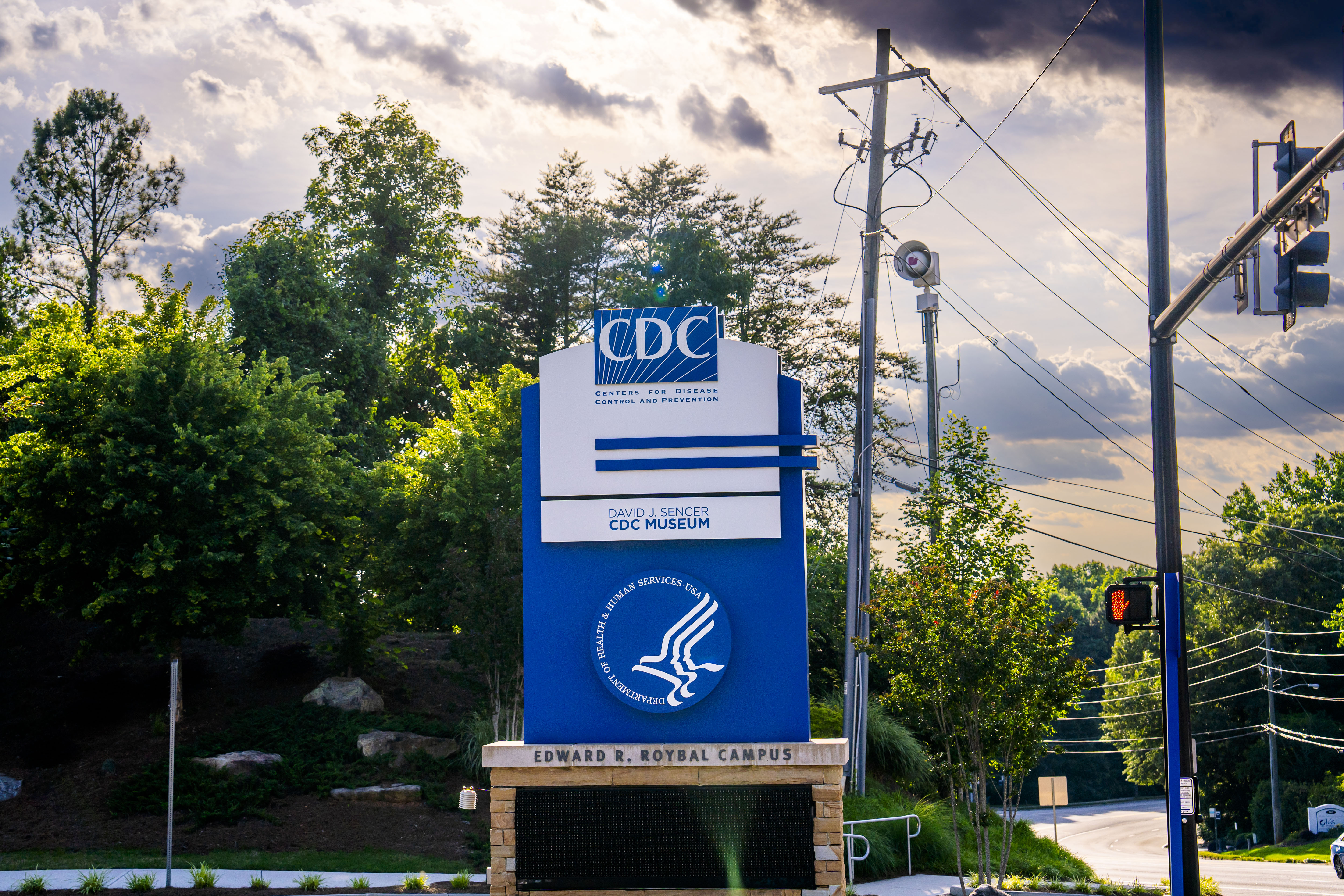Reports of pertussis (whooping cough) have dramatically risen over the past year in the United States, with case numbers exceeding those before the COVID-19 pandemic, according to the U.S. Centers for Disease Control and Prevention (CDC).
“Reports of pertussis cases were lower than usual over the past few years, during and following the COVID-19 pandemic. However, the United States is beginning to return to pre-pandemic patterns where more than 10,000 cases are typically reported each year,” the CDC stated in an Oct. 17 report.
“Preliminary data show that more than five times as many cases have been reported as of week 41, reported on October 12, 2024, compared to the same time in 2023.
“The number of reported cases this year is higher than what was seen at the same time in 2019, prior to the pandemic.”
The agency speculated that mitigation measures implemented during the COVID-19 pandemic, such as remote learning and masking, were likely the reason for lower transmission levels of pertussis during this period.
Whooping cough was a major cause of childhood mortality in the United States last century. More than 200,000 cases were reported annually before a vaccine for the illness became available in the 1940s. Between the 1940s and 1980s, the number of cases fell by more than 90 percent after widespread use of the diphtheria, tetanus toxoid, and whole-cell pertussis vaccine, according to the CDC.
However, yearly cases began to rise in the 1980s, hitting a peak of more than 48,000 incidents in 2012. Afterward, annual case numbers remained elevated until the COVID-19 pandemic.
The agency attributes the rising whooping cough cases over the past decades to multiple factors, including improved recognition of the illness by health care providers, increased surveillance and reporting to public health departments, and waning immunity from acellular pertussis vaccines.
In an interview with The Epoch Times, Jayne Donegan, a former medical doctor who now practices homeopathic medicine, disagreed that pertussis declined in the country last century because of the introduction of vaccines.
She said that the mortality rate from pertussis had dropped dramatically before the first vaccine was introduced, and the transformation was brought on by improved living conditions such as modern plumbing.
The old “whole cell” vaccine used against whooping cough is known to have resulted in brain damage in several children, she said. The United States stopped using this vaccine in 1999.
The new “acellular” vaccine, which does not contain whole cells of the virus, is “much safer,“ but ”it doesn’t do a very good job,” Donegan said.
Vulnerable People, Antibiotics
According to the CDC, infants younger than 1 year old are at the “greatest risk for serious disease and death because their immune systems are still developing.” This age group “continues to have the highest reported rate of pertussis.”Another group at high risk is people with preexisting health conditions that can be worsened by whooping cough, including conditions that compromise the immune system.
While the agency says vaccination is the best way to prevent pertussis, it notes that incidents are expected to increase in both vaccinated and unvaccinated individuals moving forward. Pertussis affects vaccinated individuals as immunity gained fades with time.
The illness is treated using antibiotics medications called PEP.
“These are medicines given to someone who has been exposed to harmful bacteria to help prevent them from getting sick,” the agency stated.
“Some people should receive antibiotics to prevent them from getting sick if they have been around someone with whooping cough.”
There are some concerns about the safety of antibiotics. A study published this year found that macrolides, a class of drugs used to treat pertussis, could damage the ear, resulting in tinnitus, hearing loss, and balance problems.
“The increased risk of hearing loss with macrolides remains controversial,” the researchers wrote.
The CDC advises people to use macrolides “with caution” when administering them to infants younger than 1 month old but claims that they are the “preferred” choice of treatment for anyone older with pertussis.













